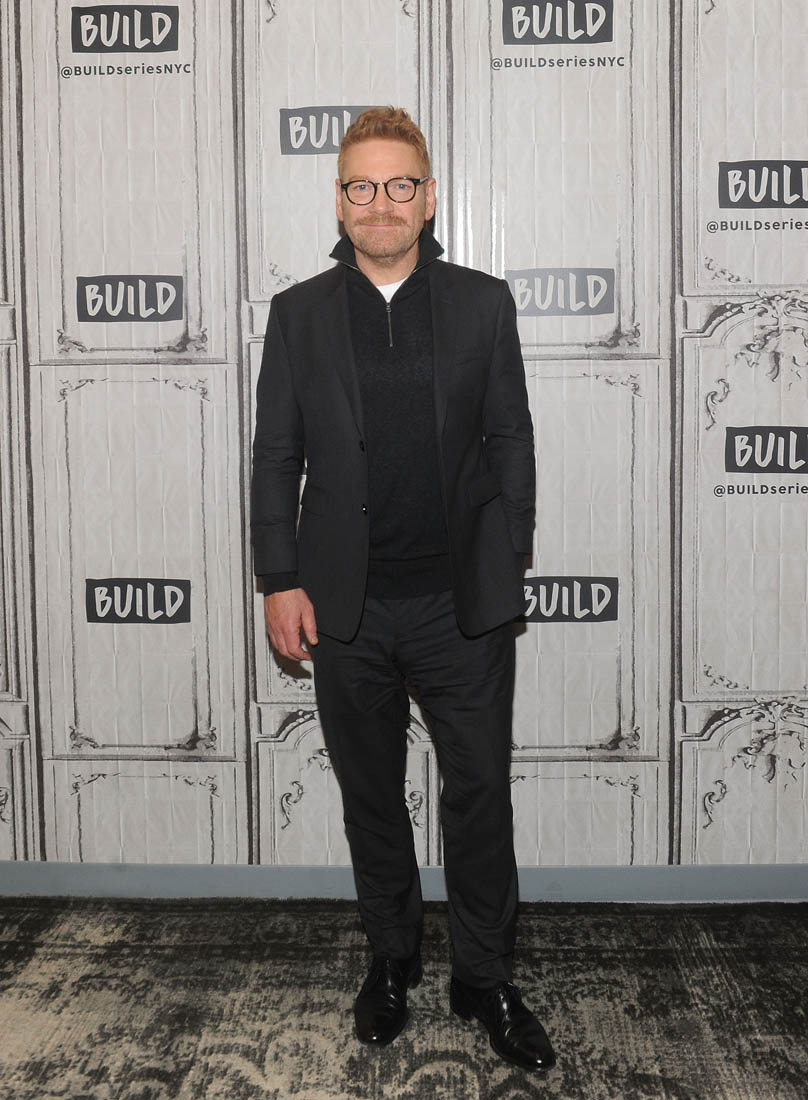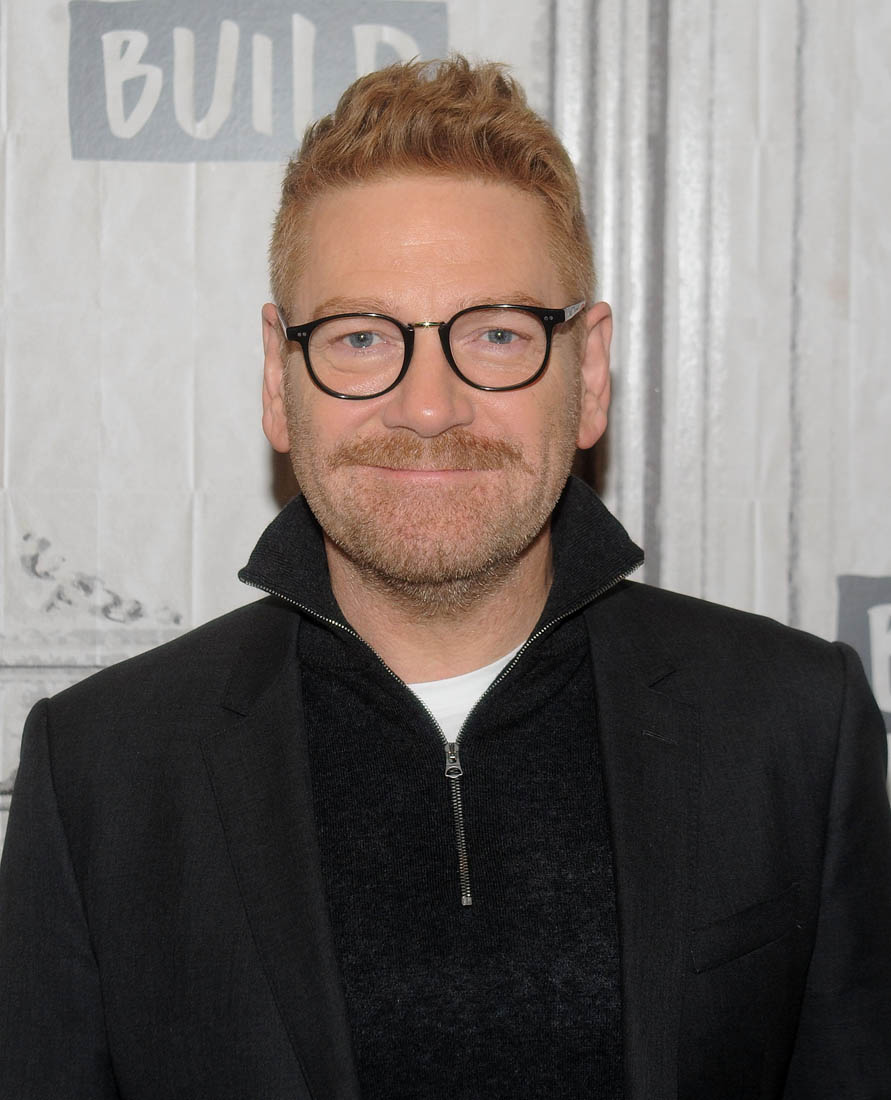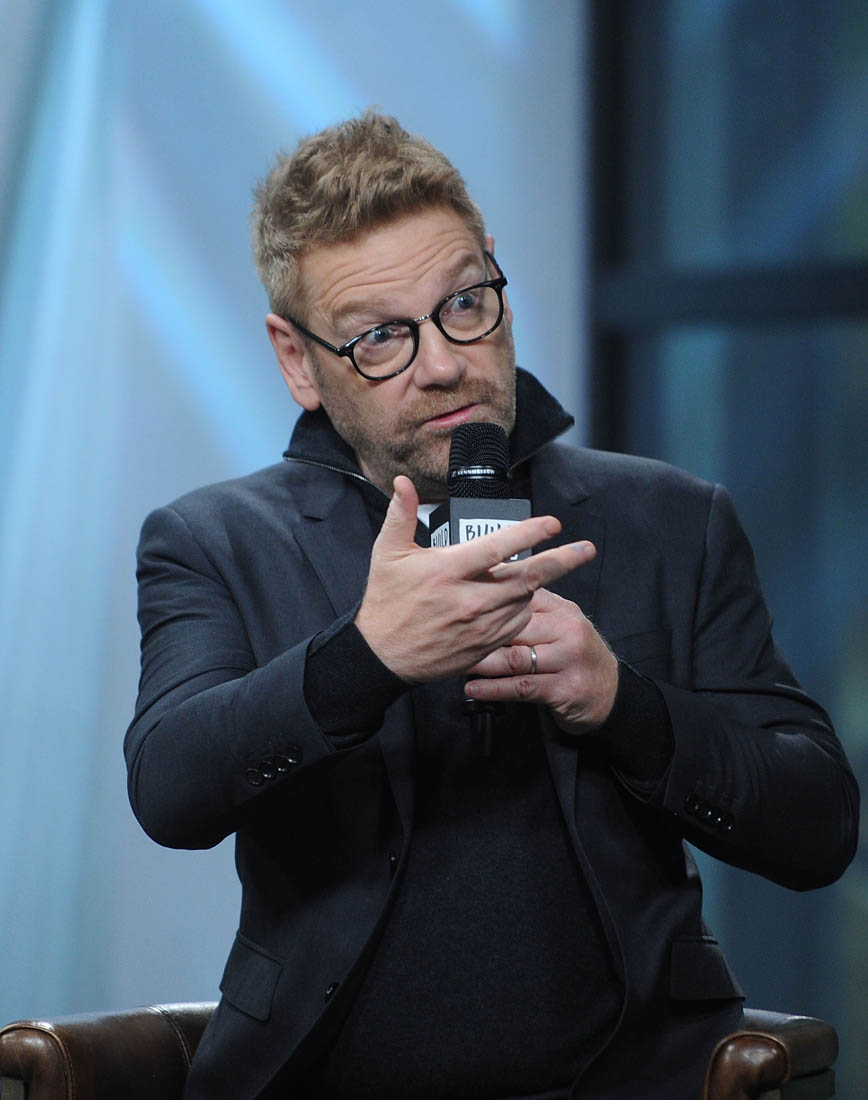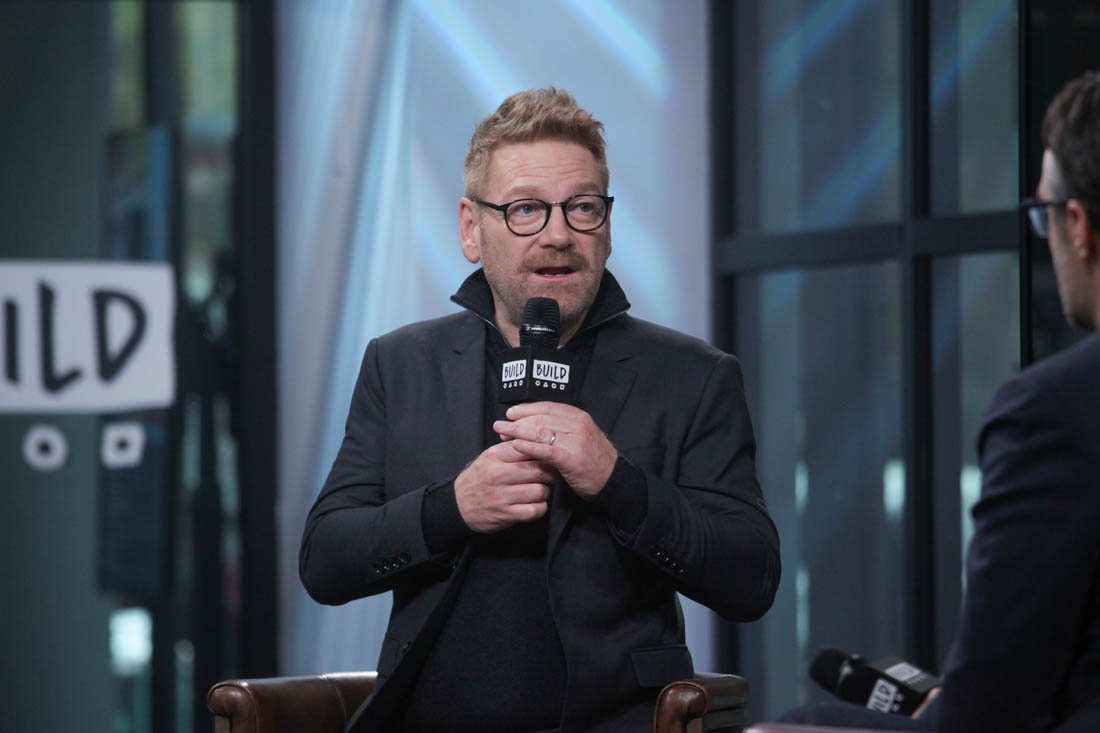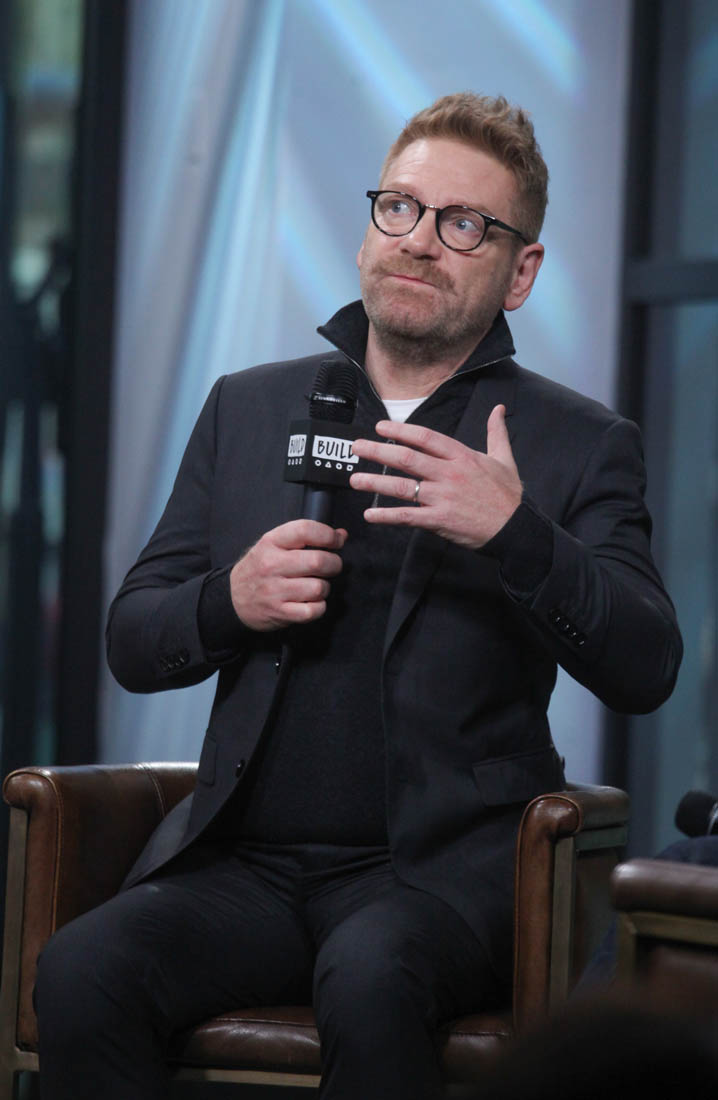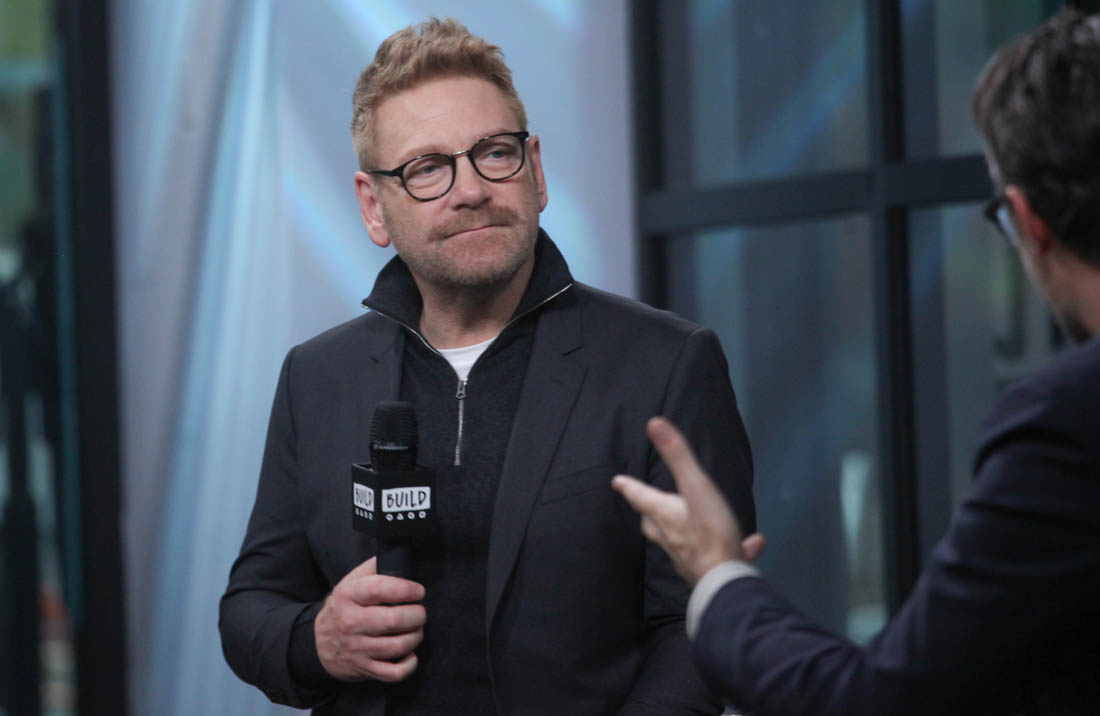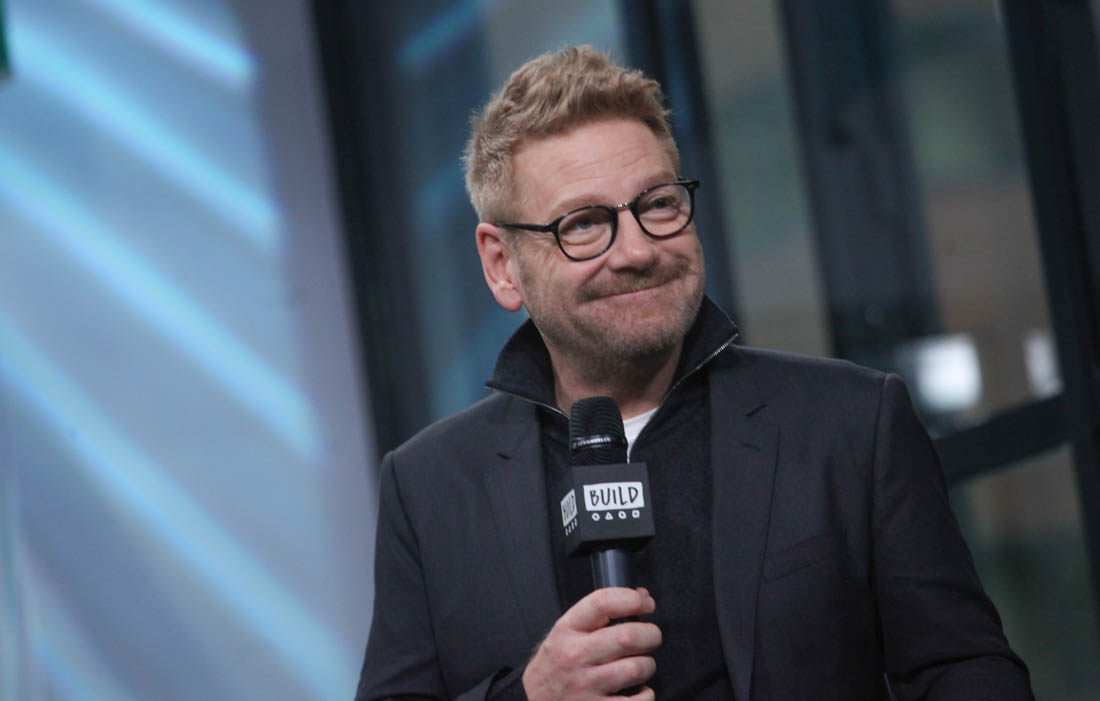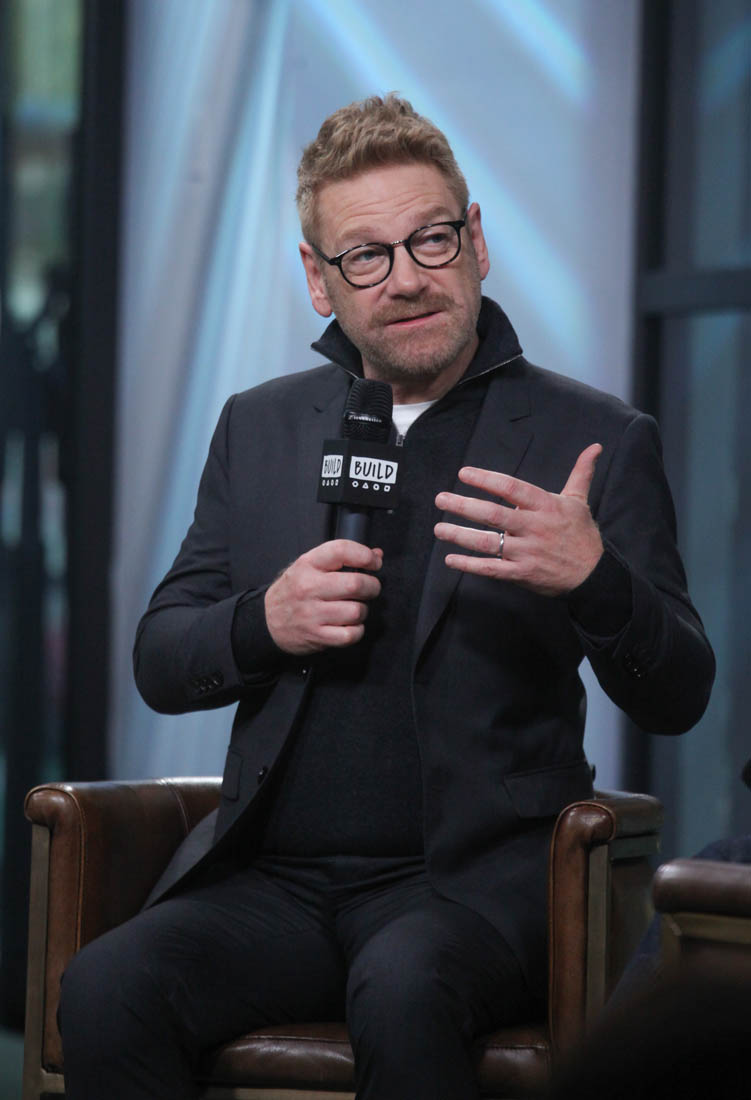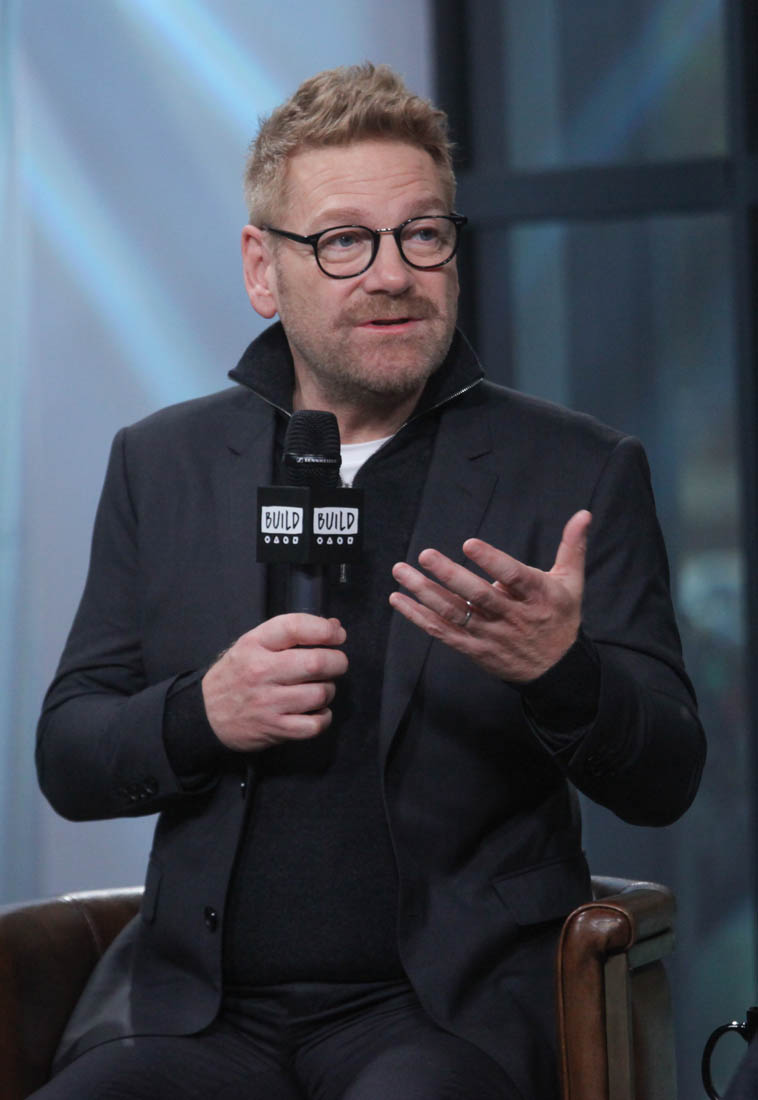Murder on the Orient Express is for parents


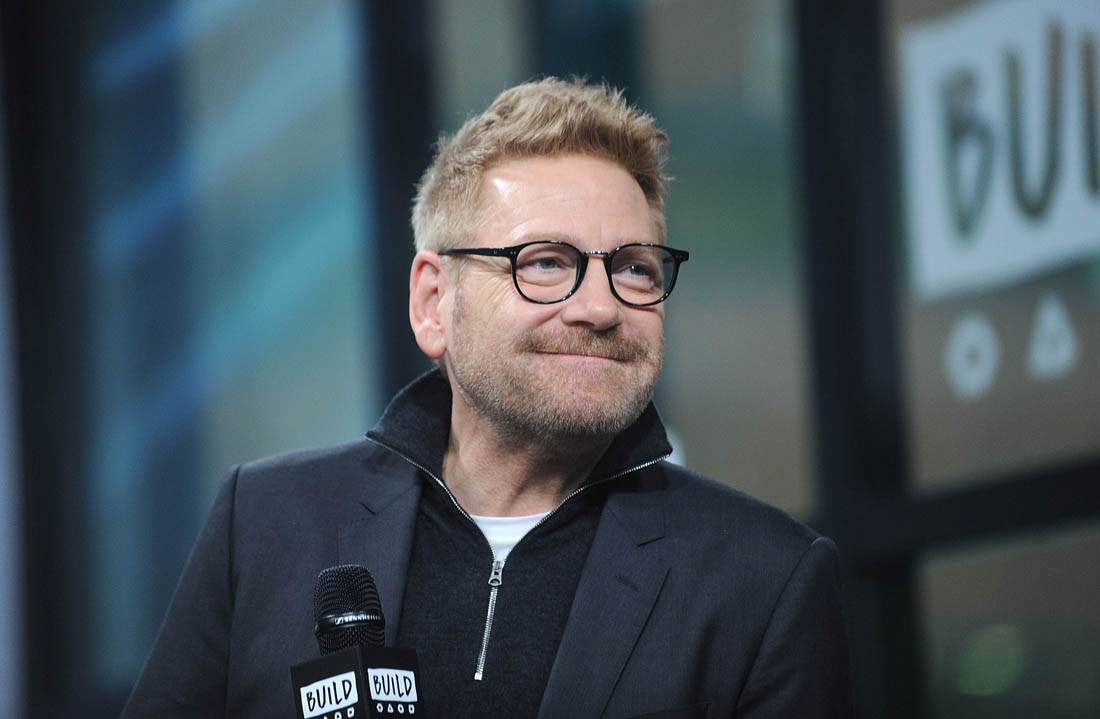
Agatha Christie’s most well-known murder mystery, Murder on the Orient Express, is the subject of several adaptations, including Sidney Lumet’s 1974 film in which Albert Finney played famous Belgian detective Hercule Poirot, surrounded by a cast that includes Vanessa Redgrave, Anthony Perkins, Sean Connery, John Gielgud, Jacqueline Bisset, Ingrid Bergman, and Lauren Bacall. The driving force behind the new adaptation from Kenneth Branagh seems to be nothing more than replicating the success of Lumet’s film, and to that end the 2017 Murder on the Orient Express features a stacked cast, lavish artistic design, and a comfortingly familiar plot that goes down like comfort food.
Branagh does double duty in front of and behind the camera, both playing Poirot and directing. Branagh has turned into a solid spectacle director, and he puts to use a bagful of tricks for Express. It’s a generally good looking movie, shot on 65mm film with all its detail and depth, though there is some dodgy CGI in places—especially snowy places—and the elaborate train sets and various costumes are a delight. But Branagh’s direction is stiffer here than it was in his imaginative, large-scale Cinderella, confined as he is to the narrow spaces of the train. He tries for an entrapped Hitchcockian vibe, but loads the picture with so many Dutch angles at one point it feels like the whole world has tilted on its axis. This is the most inexplicable Dutch angles Branagh has deployed since Thor (which is also a sideways-facing film).
If Branagh feels a little stifled as a director, there is no such constraint in his performance as Poirot. With a ludicrous accent and a ferret taped to his face in place of a moustache, Branagh brings his theatrical bearing to Poirot. The detective insists on identical eggs boiled every morning for breakfast, and when he steps in poop, he must soil his other shoe, too, in order to maintain balance. Branagh’s Poirot is a man of rigid synchronicity, with a black-and-white worldview that is challenged as he investigates the titular murder.
Where Express falls down is in the story. The cast is so stacked that even small roles are performed by great actors like Olivia Colman and Derek Jacobi, and the film runs a relatively fleet two hours, which doesn’t give a lot of time to the ensemble. Everyone gets their moment, and it’s not that anyone is bad, it’s that there just isn’t time to make each character pop. For instance, Michelle Pfeiffer’s singing is relegated to the end credits, when that could have been an actual show-stopping moment. But Express isn’t interested in any theatrics that aren’t Poirot’s. The opening scene as he solves a theft at the Wailing Wall is pretty spectacular, and visually clever, but nothing else in the movie lives up to it.
Express isn’t outright bad, but it’s not all-the-way good, either. It’s a spectacle confined to close quarters and a crowd-pleaser that will best please an older crowd who remembers Christie’s heyday as a mystery writer. Even with a few (ill advised) action sequences thrown in, Express has a distinctly bygone-era feel that ought to tweak the nostalgia bone of anyone who knows Christie’s book, or is a fan of pre-war luxury train travel. It’s an old-timey spectacle given a contemporary polish, the kind of movie your parents will like way more than you can comprehend.

